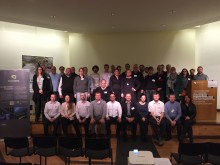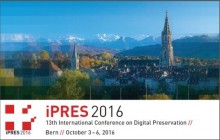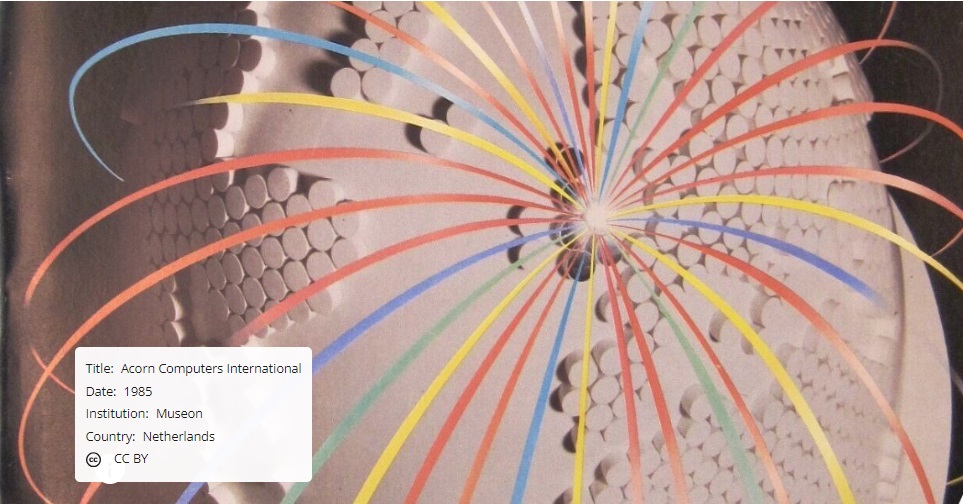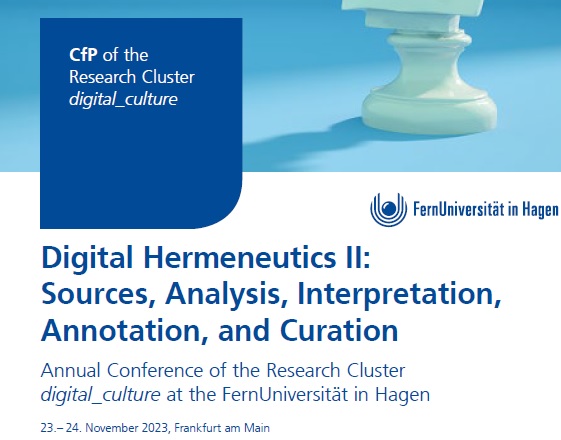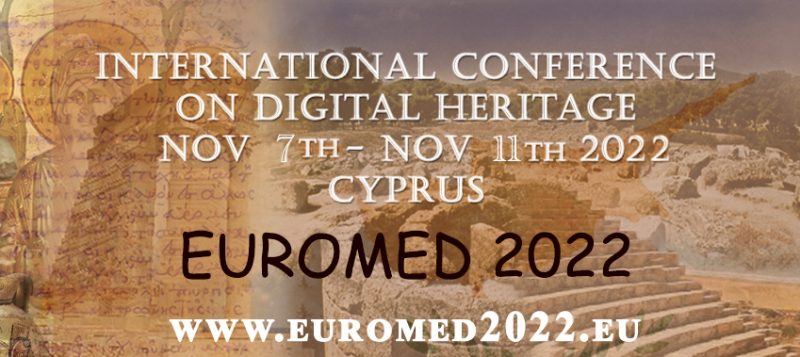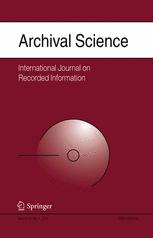 The article “Digital curation and quality standards for memory institutions: PREFORMA research project“, by Antonella Fresa, Claudio Prandoni and Borje Justrell, has just been published in the Special Issue on Digital Curation of the Archive Science Journal and it is available as ‘Online First’ on SpringerLink at http://link.springer.com/article/10.1007/s10502-015-9242-8.
The article “Digital curation and quality standards for memory institutions: PREFORMA research project“, by Antonella Fresa, Claudio Prandoni and Borje Justrell, has just been published in the Special Issue on Digital Curation of the Archive Science Journal and it is available as ‘Online First’ on SpringerLink at http://link.springer.com/article/10.1007/s10502-015-9242-8.
Abstract
Memory institutions are facing increasing transfers of electronic documents and other media content for long-term preservation. Preservation models are often inspired by standards, such as the Open Archival Information System reference model, where transfers and preservation are built on information packages containing both data and metadata. Data are normally stored in specific file formats for documents, images, sound, video, etc., that are produced by software from different vendors. Even if the transferred files are in standard formats, the implementation of standards cannot be guaranteed and results may be different depending on the software used. The software implementing standards for the production of the electronic files are not controlled either by the institutions that produce them or by the memory institutions. Conformance tests of transfers are done, but their results cannot be further processed by the memory institution autonomously, unless it contacts the same provider of the conformance test again. This poses problems in curation and preservation. Data objects meant for preservation, passing through an uncontrolled generative process, can jeopardise the whole preservation exercise. The overall intention of PREFORMA project (PREservation FORMAts for culture information/e-archives) is to research critical factors in the quality of standard implementation in order to establish a long-term sustainable ecosystem around a range of practical tools, together with a variety of stakeholder groups. The tools should be innovative and provide a reference implementation of the most common file format standards for the assessment of the collections to be archived and for the correction of the digital archive. PREFORMA will target a wide digital curation and preservation community, by providing specifications and feedback to developers, standard bodies and memory institutions.
The final publication is available at http://link.springer.com/article/10.1007/s10502-015-9242-8 and it is fully accessible to all users at libraries and institutions that have purchased a SpringerLink license.




